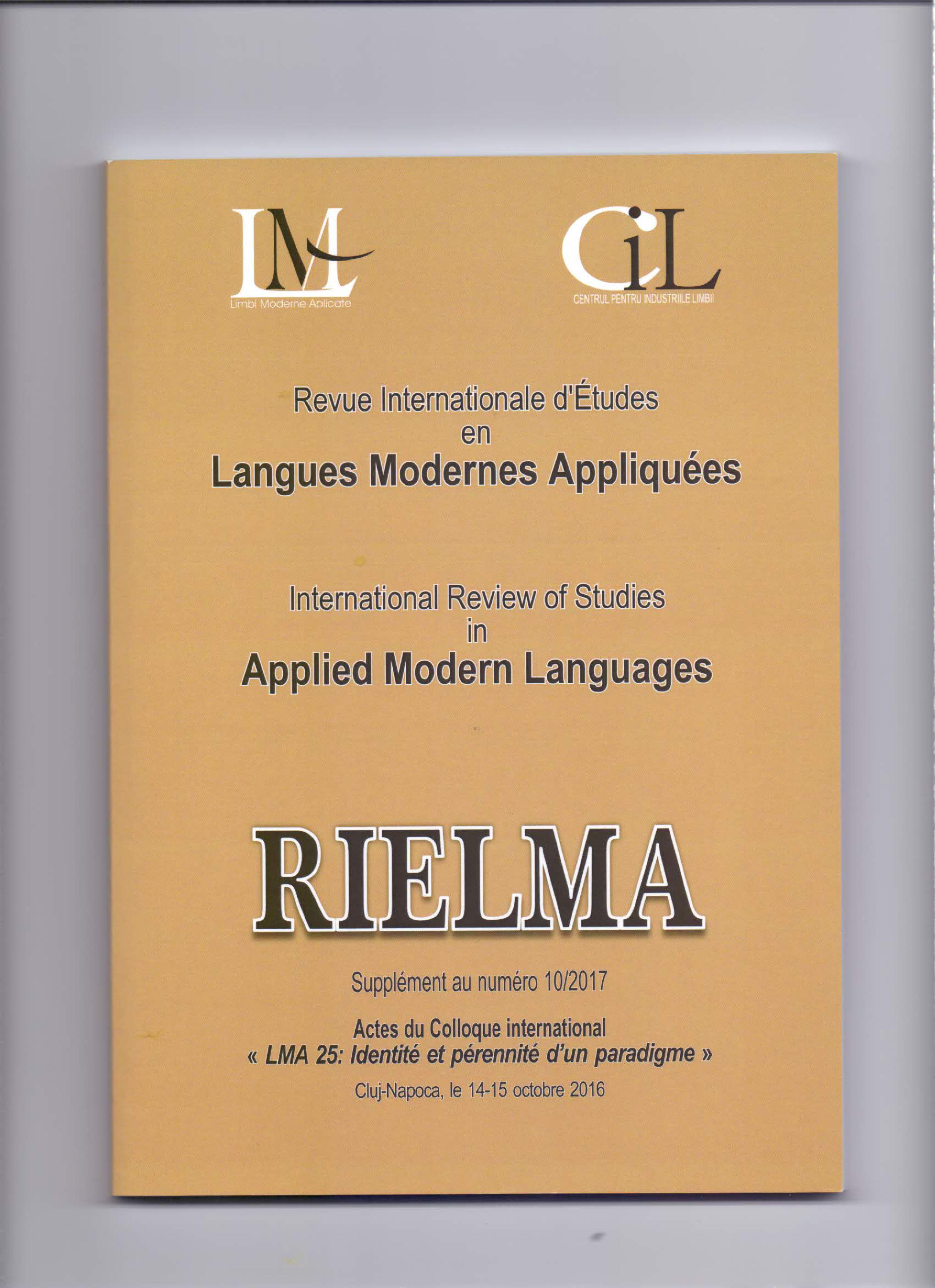The Added Value of Translator and Interpreter Training
The Added Value of Translator and Interpreter Training
Author(s): Ildikó HorváthSubject(s): Translation Studies
Published by: Risoprint
Keywords: translator and interpreter training; life skills; action learning; cooperative learning; negotiation;
Summary/Abstract: Translator and interpreter training (TIT) as well as its various aspects, such as assessment, course design, the impact of new information and communication technologies have received a lot of attention from researchers. These inquiries tend to focus on the core skills and competences qualified translators and interpreters need to possess in order to be able to render the source language text or speech into the target language. It goes without saying that TIT courses are translation and interpreting-oriented, thus their main aim is to develop these specific skills. Nevertheless, it is also true that several of them, such as information-processing or problem-solving, can be successfully transferred to domains outside language mediation. Other skills, e.g. time management, human cooperation and interaction, various life skills and personality traits, are reinforced during training and are also applicable to areas outside the world of translation. This is the “added value” of TIT. The article argues that this added value is no less important than the core skills and demonstrates, through an empirical study carried out at ELTE University’s Department of Translation and Interpreting, that in addition to the core competences required for translating and interpreting, various organizational, collaborative, cognitive and metacognitive skills are enhanced, which can be very valuable in other domains not necessarily related to language mediation.
Journal: Revue Internationale d'Études en Langues Modernes Appliquées
- Issue Year: 10/2017
- Issue No: Suppl.
- Page Range: 9-29
- Page Count: 21
- Language: English

